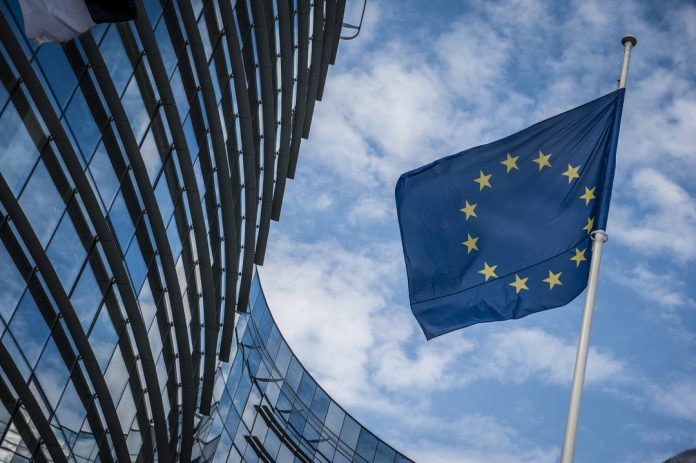The European Commission has announced humanitarian assistance of over 44 million Euros to help people in need in south-west and Central Asia, who continue to face the consequences of years of conflicts and displacement, as well as recurrent natural disasters, the Commission announced on its website.
The funding will support Afghan refugees and their families in Iran and
Pakistan, help victims of conflict in Afghanistan, and improve disaster risk management in Central Asia. “The EU’s assistance announced today will help hundreds of thousands of people affected by conflicts and natural disasters in south-west and Central Asia. I was recently in the region and saw first-hand the humanitarian needs. Children always suffer the most in long-lasting crises which is why a significant part this funding will also focus on education in emergencies. Investing in children’s future is crucial for the stabilisation of the entire region,” Commissioner for Humanitarian Aid and Crisis Management Christos Stylianides said.
The Commissioner made the announcement as he met with UN Humanitarian Coordinator for Pakistan, Neil Buhne on Tuesday. Some €25.5 mln will help internally displaced people in Afghanistan who have fled conflict or been injured, as well as the most vulnerable Afghan refugees returning to their country. The assistance will focus on areas such as protection, food, emergency shelter, health, water, hygiene and sanitation. The EU will also sustain and expand its support in Iran. Humanitarian organisations working in Iran will receive close to €10 mln to help in efforts to provide for the basic needs of Afghan refugees and their families. The emphasis will be on children’s education, protection, food, water, health and sanitation.
Organisations in Pakistan will benefit from funding of about €7m which will notably help Pakistanis who have been displaced by internal conflict and also help provide essential services for Afghan refugees. In Central Asia, over €2 mln will be provided for disaster risk
reduction so communities are better prepared to respond to natural hazards. The Commission has funded a number of such programmes in the region since 1996.




